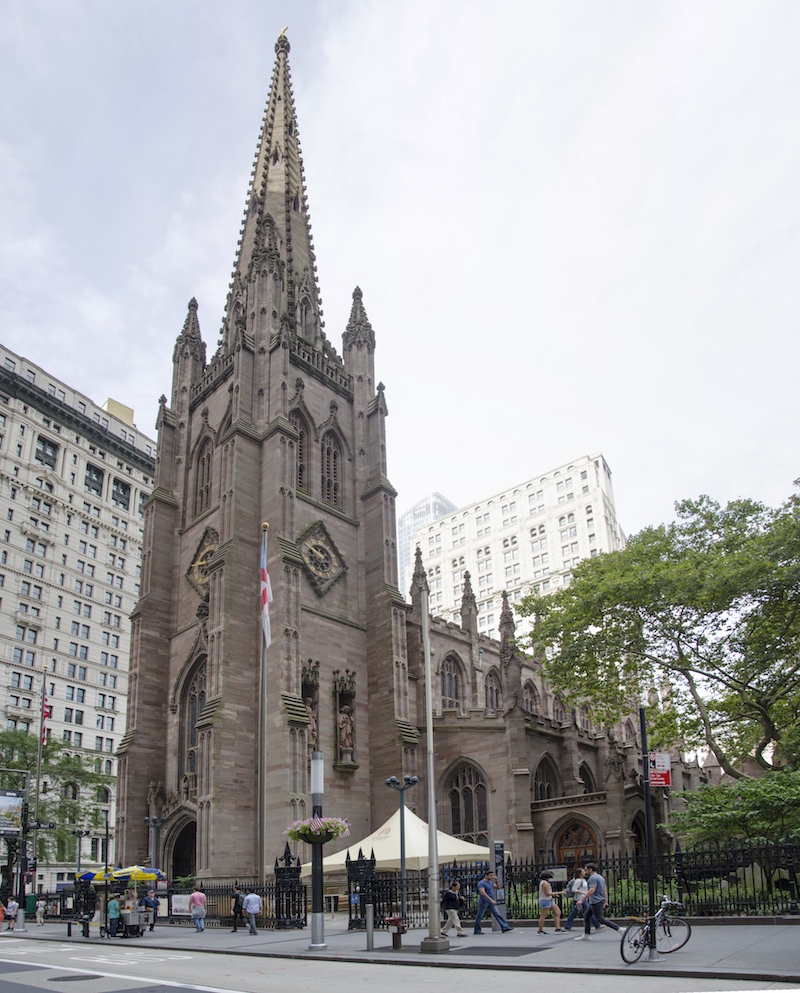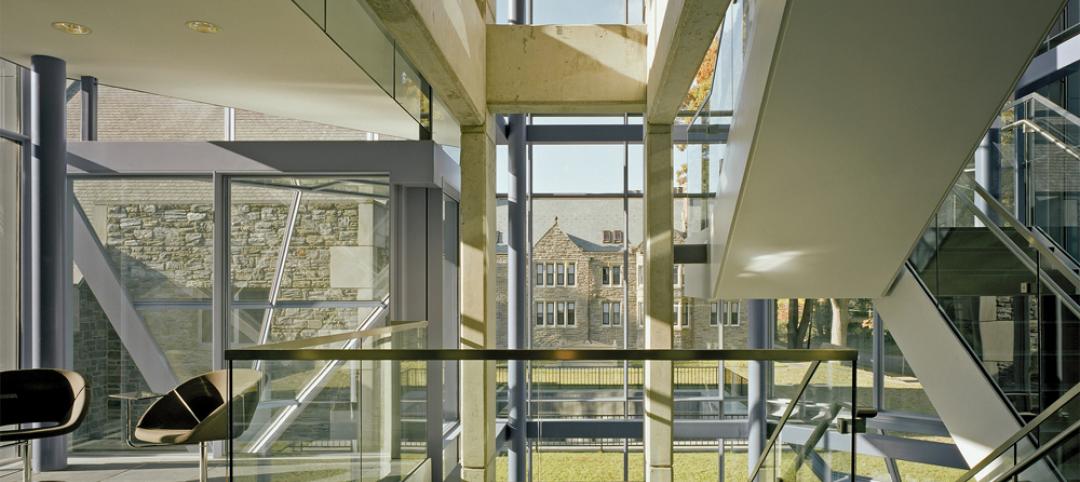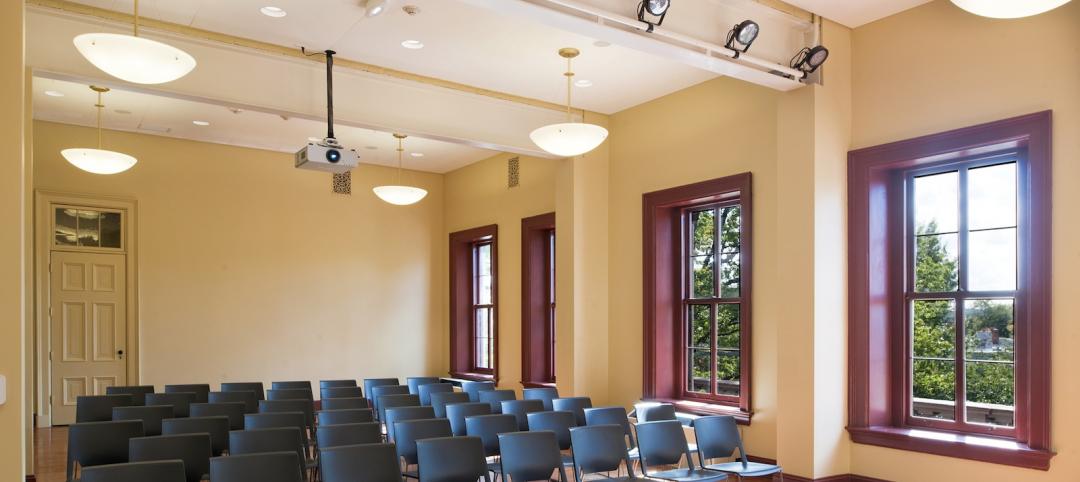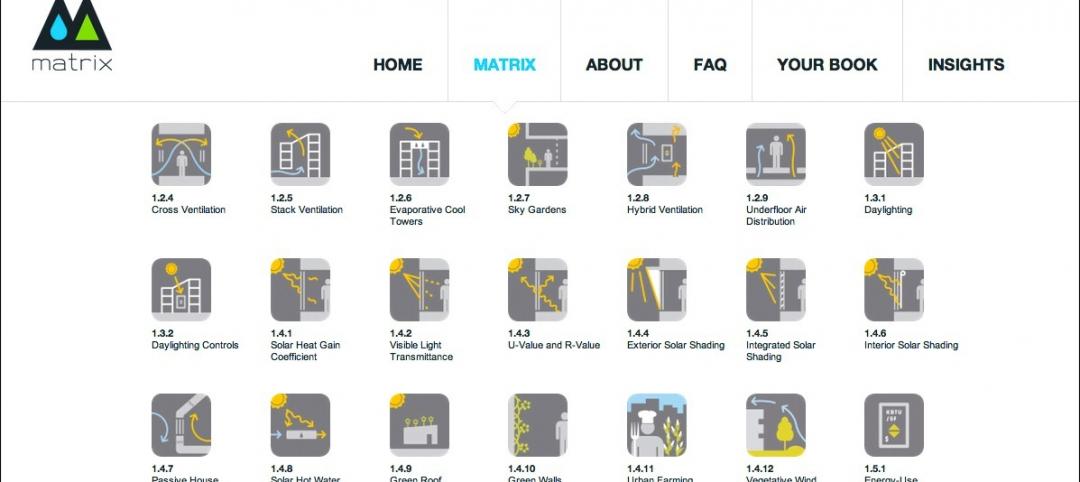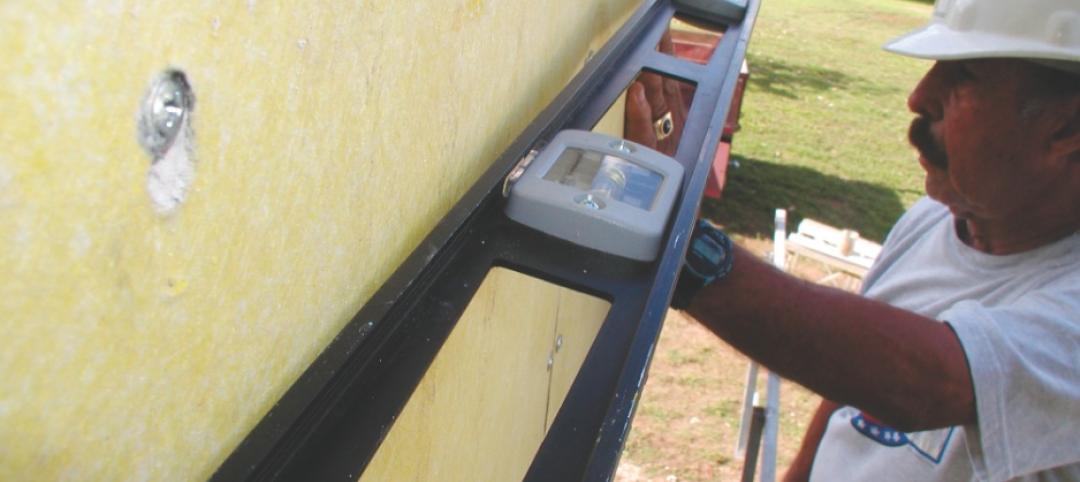Trinity Church Wall Street, which has served the Episcopal community in Lower Manhattan for 321 years, has initiated a $98.6 million “rejuvenation” that will close the building’s nave, the main body of the church, for approximately 20 months.
The architect on this project is Murphy, Burnham and Buttrick. Trinity Church had not identified the engineers or GC on this project at presstime. The rejuvenation will be financed entirely from the church’s endowment, one of the largest of any single religious institution in the country.
The 82,700-sf church is actually the third building from which Trinity Church has operated. The first, built in 1698, was destroyed by fire in 1776. The second, which opened in 1790, was torn down after being weakened by storms in the winter of 1838-39. The current church, whose construction was completed in 1846, at 281 feet stood as the tallest building in the U.S. until 1869.
The current building hasn’t had a significant renovation since 1946. “Underneath the skin, there are a lot of problems,” both structural and mechanical, says Rev. Phillip Jackson, Trinity’s Vicar. He adds that Trinity “is a little dark [inside]; we want to give back its light.”
The rejuvenation will return parts of the church to the original 1846 plan devised by Richard Upjohn, a British-born American architect. Its chancel, near the altar, will be restored to its original size, increasing capacity by 140 seats. The building’s interior walls and ceiling will be painted to reflect Upjohn’s stone design.
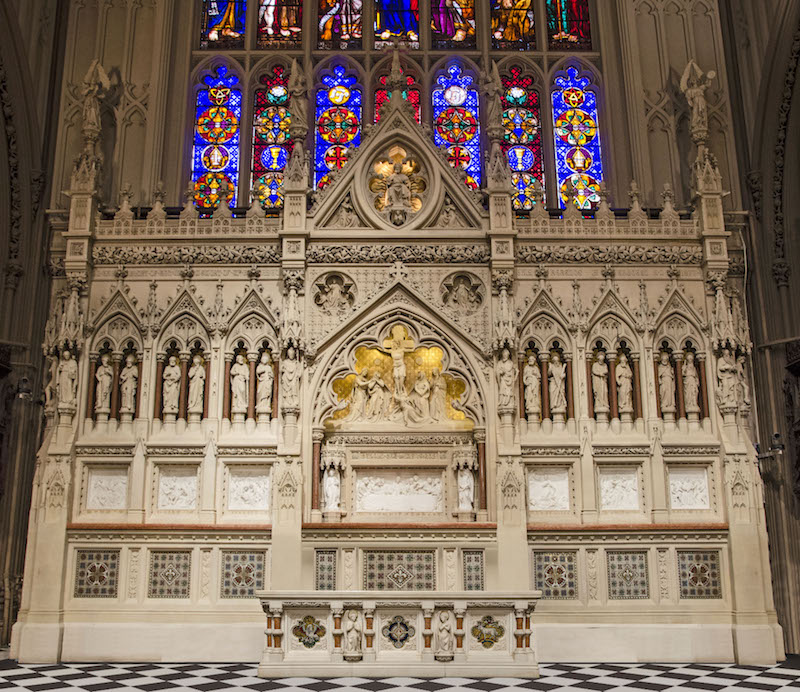
The remodeling will include making the church's altar movable to accommodate different events. The church's stained-glass windows will be repaired or restored. Image: Courtesy of Trinity Church
Other renovations and changes will include:
•Repairing and restoring the church’s stained-glass windows, and redesigning the clerestory windows so they match the church’s interior.
•Adding ramps to the North and South entrances, and modifying the East plaza, which would include removing steps in the Chapel of All Saints chancel, to make the entire church ADA-accessible.
•Separating the altar from its reredos (the ornamental screens behind the altar) and making the altar movable to accommodate different events.
•Installing a new lighting and sound system inside the church, and upgrading its exterior lighting.
•Renovating the choir room with acoustical panels to upgrade the practice and performance space.
•Adding a glass and steel canopy outside the church’s South side to provide processionals with protection from inclement weather.
•Installing gender-neutral bathrooms.
•Redesigned and refurbishing pews for comfort.
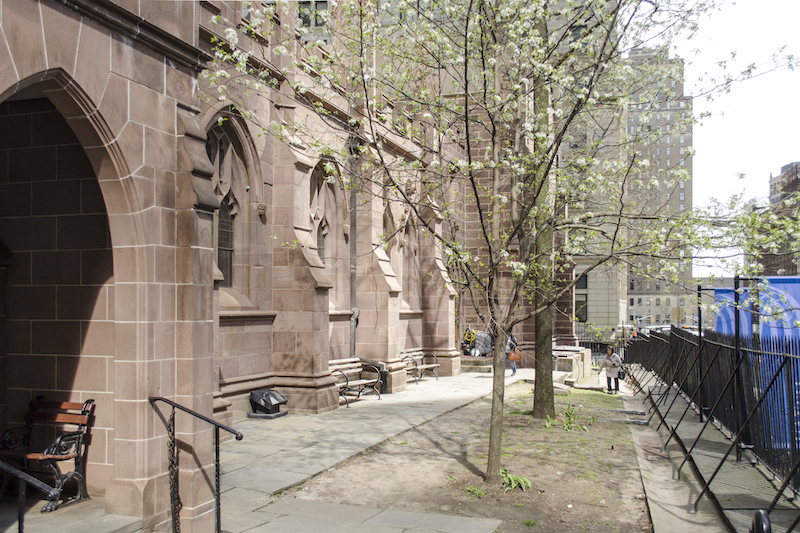
The top image shows what the church's West entrance looks like today. The bottom image shows how steps will be removed, and a plaza created, to make that entrance ADA-accessible. Images: Courtesy of Trinity Church
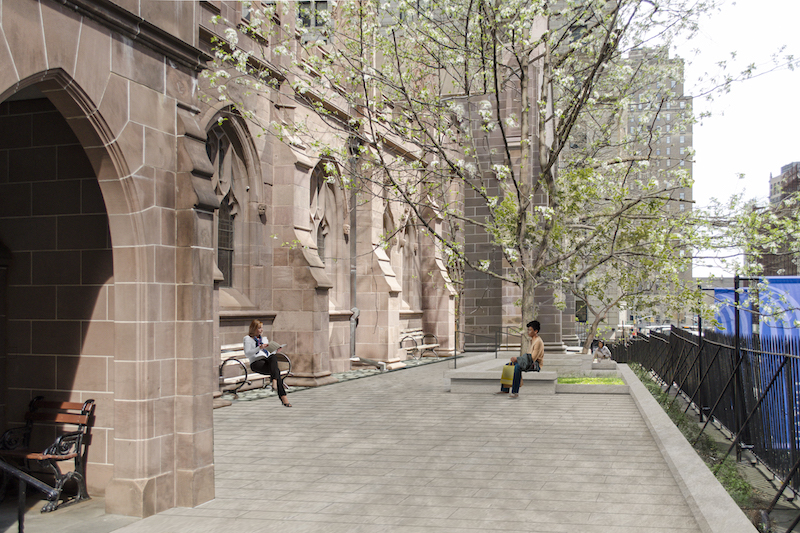
Trinity Church has a rich religious and political history. President George Washington, Alexander Hamilton and John Jay were among the government officials who worshipped there. When terrorists attacked New York City on Sept. 11, 2001, local residents took shelter in the church. Trinity, which is located near Zuccotti Park, also lent some moral support to protesters during the Occupy Wall Street movement in 2011, although declined to allow protesters to use its grounds.
During its renovation, which should be completed by Spring of 2020, Trinity Church will conduct many of its services and other functions from nearby St. Paul’s Chapel, the oldest building in New York, which itself recently underwent a restoration.
Related Stories
| Apr 16, 2014
Upgrading windows: repair, refurbish, or retrofit [AIA course]
Building Teams must focus on a number of key decisions in order to arrive at the optimal solution: repair the windows in place, remove and refurbish them, or opt for full replacement.
| Apr 9, 2014
Steel decks: 11 tips for their proper use | BD+C
Building Teams have been using steel decks with proven success for 75 years. Building Design+Construction consulted with technical experts from the Steel Deck Institute and the deck manufacturing industry for their advice on how best to use steel decking.
| Apr 2, 2014
8 tips for avoiding thermal bridges in window applications
Aligning thermal breaks and applying air barriers are among the top design and installation tricks recommended by building enclosure experts.
| Mar 31, 2014
Extreme conversion: Soaring Canadian church transformed into contemporary library
Even before the St. Denys-du-Plateau Church was converted into a library, it was an unusual building, with a towering nave designed to mimic a huge tent inflated by the wind.
| Mar 26, 2014
Callison launches sustainable design tool with 84 proven strategies
Hybrid ventilation, nighttime cooling, and fuel cell technology are among the dozens of sustainable design techniques profiled by Callison on its new website, Matrix.Callison.com.
| Mar 20, 2014
Common EIFS failures, and how to prevent them
Poor workmanship, impact damage, building movement, and incompatible or unsound substrate are among the major culprits of EIFS problems.
| Mar 12, 2014
14 new ideas for doors and door hardware
From a high-tech classroom lockdown system to an impact-resistant wide-stile door line, BD+C editors present a collection of door and door hardware innovations.
| Feb 6, 2014
First Look: Center for Hope will welcome world's religious to Jerusalem
The space, backed by The Elijah Interfaith Institute, is meant to "bring about world-changing peace and harmony."
| Jan 28, 2014
16 awe-inspiring interior designs from around the world [slideshow]
The International Interior Design Association released the winners of its 4th Annual Global Excellence Awards. Here's a recap of the winning projects.
| Jan 13, 2014
Custom exterior fabricator A. Zahner unveils free façade design software for architects
The web-based tool uses the company's factory floor like "a massive rapid prototype machine,” allowing designers to manipulate designs on the fly based on cost and other factors, according to CEO/President Bill Zahner.


